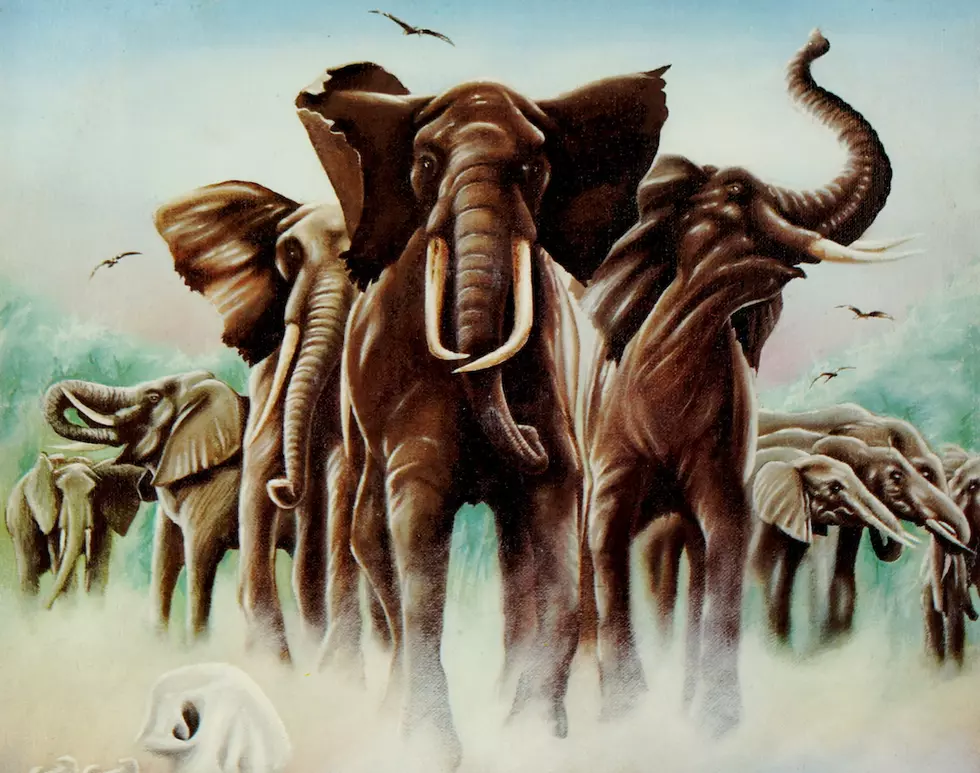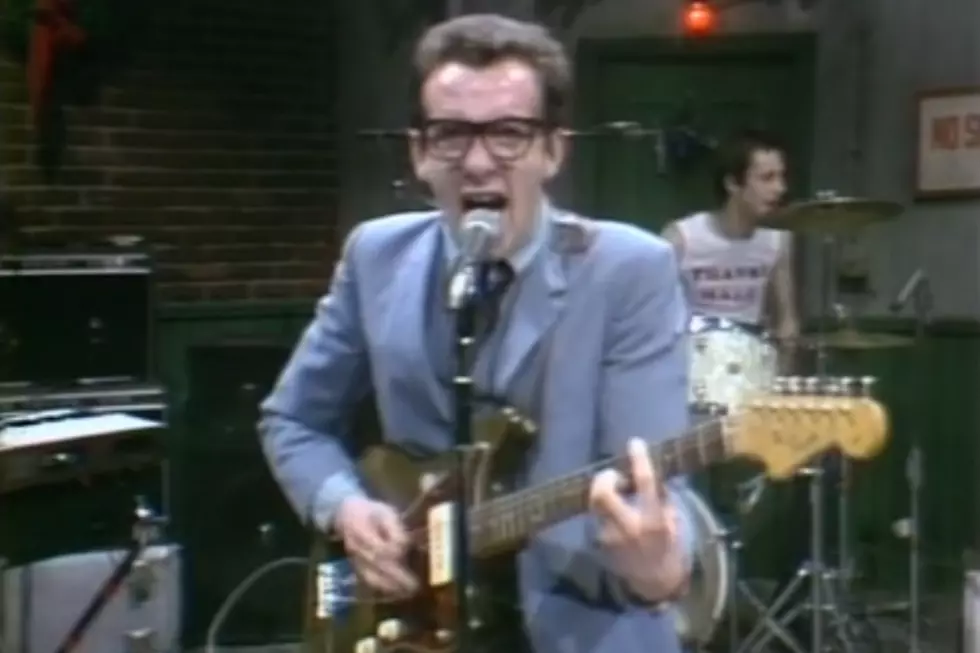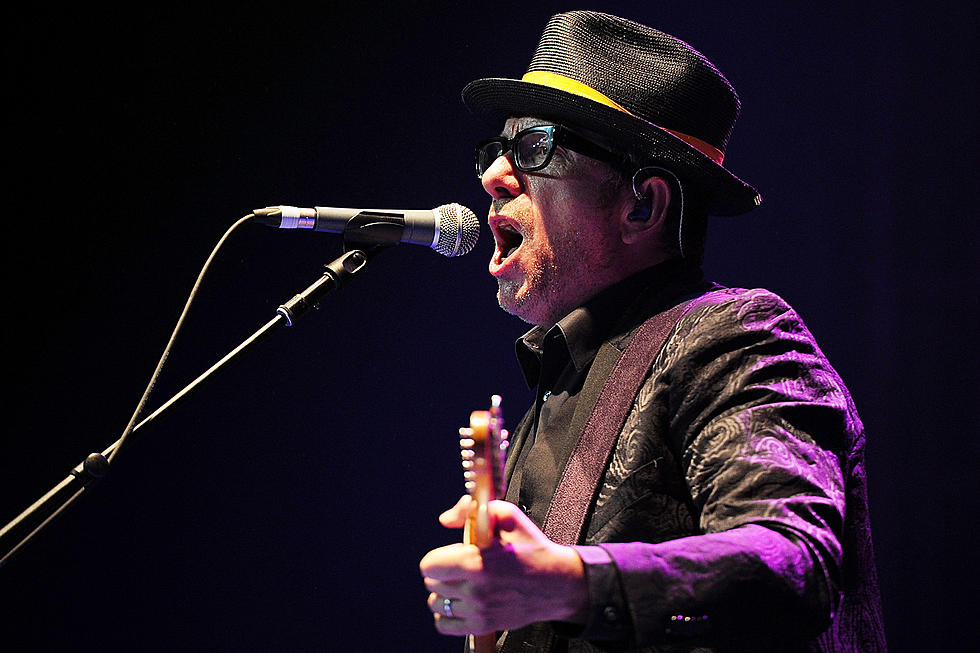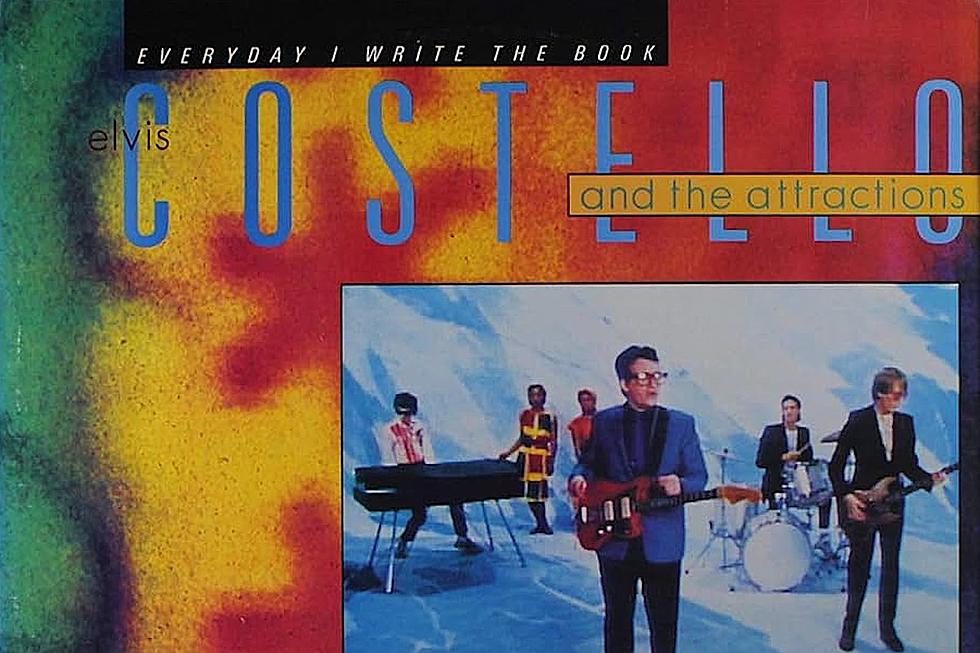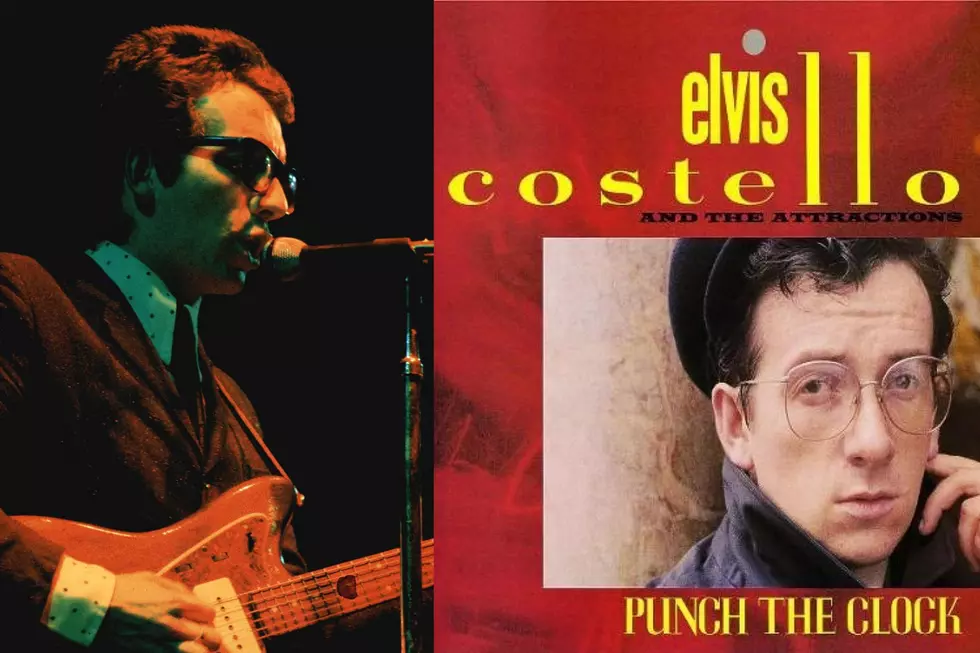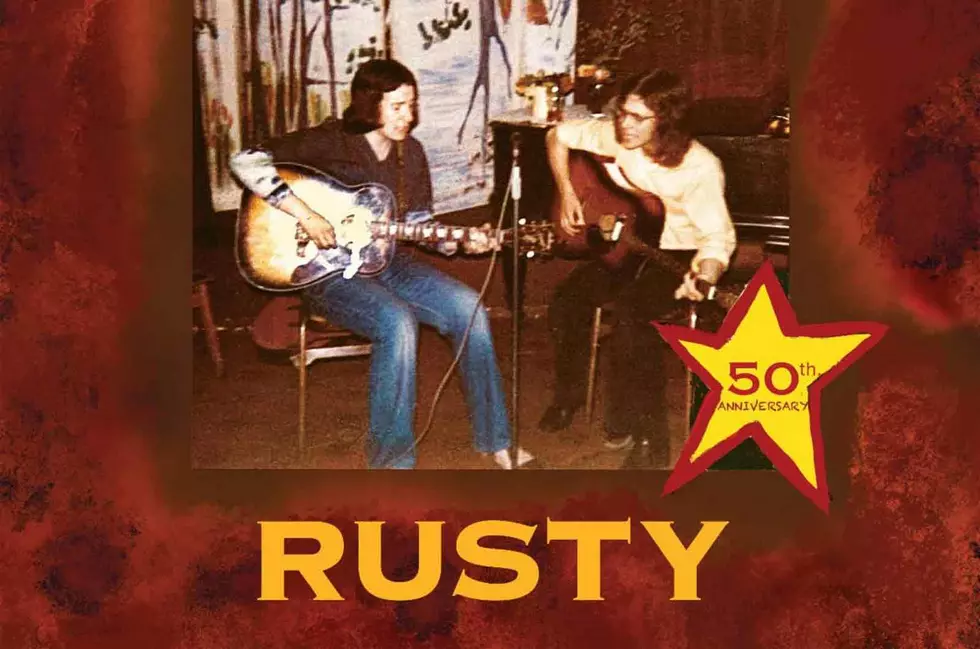
Rusty, ‘The Resurrection of Rust': Album Review
Sentimental is not the first word that comes to mind when you consider Elvis Costello - at least not as immediately as terms like, oh, acerbic or biting. But on The Resurrection of Rust, he's indeed looking back, fondly and warmly, at his past.
The Rust in question is Rusty, a Liverpool band Costello played in 50 years ago with fellow singer and songwriter Allan Mayes, who now resides in Texas. The group, according to Costello's notes, was playing up to five or six nights a week during the summer of 1972, tossing some originals into sets that included mutually favored songs by Bob Dylan, Neil Young, Van Morrison, Randy Newman and others, as well as Brinsley Schwarz, a Costello (then D.P. MacManus) favorite.
Rusty broke up during 1973 when Costello moved to London, but its 50th anniversary has spurred him and Mayes to "make the record we would have cut when we were 18 if anyone had let us." And while it's hard to know quite what those aspiring teenagers would have sounded like at that point, the results on The Resurrection of Rust make you wish that someone had. There's an easy kind of shorthand in the way Costello and Mayes sing with each other on the six-track EP, but don't for a minute think it's some casual toss off. They're serious enough about it that Costello enlisted his band, the Imposters, to be part of The Resurrection, while Brinsley Schwarz (and later Graham Parker & the Rumour) keyboardist Bob Andrews recreates his Hammond organ and piano parts on the former's "Surrender to the Rhythm."
Resurrection goes by quick and easy but has you paying attention every second of its 24 minutes. Costello and Mays make faithful, short work of another Schwarz favorite, the soulful "Don't Lose Your Grip on Love," while Mayes' vocal on Jim Ford's "I'm Ahead if I Can Quit While I'm Behind" is a muscular showstopper. The troupe is similarly tight and twangy on a pairing of Neil Young's "Everybody Knows This Is Nowhere" and "Dance, Dance, Dance," with Costello playing electric violin for the first time on a recording. Of equal interest, meanwhile, is a pair of Rusty originals drawn from notebooks and the odd demo reel that Costello and Mayes kept from the time. "Warm House" sounds like a Merseybeat-Americana summit meeting, with rich, Hollies-like harmonies and a mandolin break. "Maureen & Sam" is a whole other matter, a dramatic piece of aural theater about an aspiring cabaret act in need of some TLC - and, Costello notes, was source material for his own "Ghost Train" in 1980.
Resurrection is indeed a curio in Costello's catalog, but a nice one. His, and Mayes', investment is audible throughout the set, and it's a welcome glimpse - including some vintage photos in the package - into the modest yet still ambitious roots of the earth-shaking work that lay ahead.
Elvis Costello Albums Ranked
More From Ultimate Classic Rock

